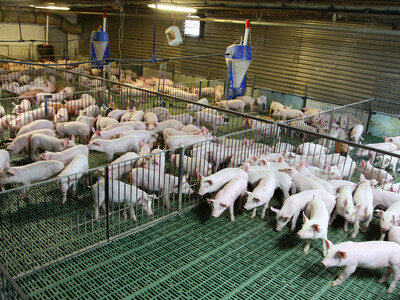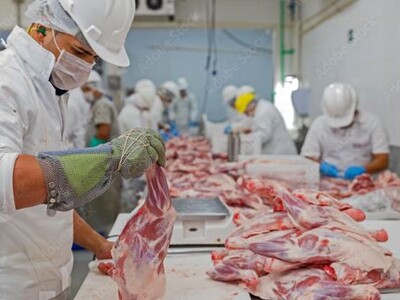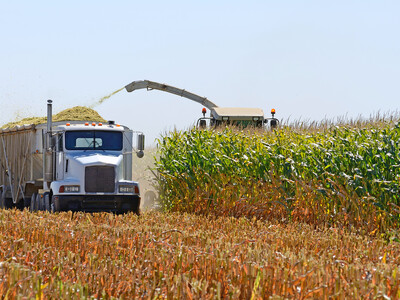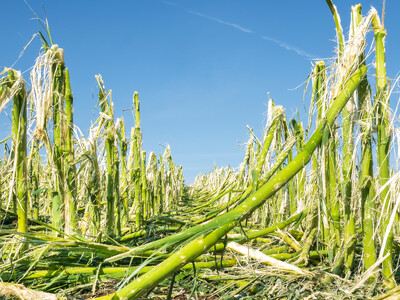Net farm income holds steady
Net farm income holds steady. I’m Greg Martin with today’s Line On Agriculture.
In general, profits stayed fairly flat for
SEARLE: There was very little change from the previous year. We did see the value of agriculture go up. Crops did reasonably well. Livestock was pretty flat. But expenses outpaced income and it put the net bottom line pretty much the same as the prior year.
The numbers from USDA's Economic Research Service show
SEARLE: We look at the biggest cost input for farmers, which are employment costs, now totaling over a billion dollars. That's the first time that's broken that mark, up a little over three percent from the prior years, combined totaling over 40 percent of total input costs, labor alone.
The price paid to producers for certain key commodities this year is down, especially for grass seed, nursery stock, milk, and blueberries. And past experience shows that expenses do not decline as fast as income. Searle says
SEARLE: Value of production was up five percent from the prior year but input costs- what farmers pay to produce their crops and livestock- was up over seven percent and 26 percent over the five year average
Searle says current prices paid for some key
SEARLE: We know from past experiences that expenses do not decline as fast as income does. So we will see a real squeeze in 2009.
That’s today’s Line On Agriculture. I’m Greg Martin on the Northwest Ag Information Network.

















